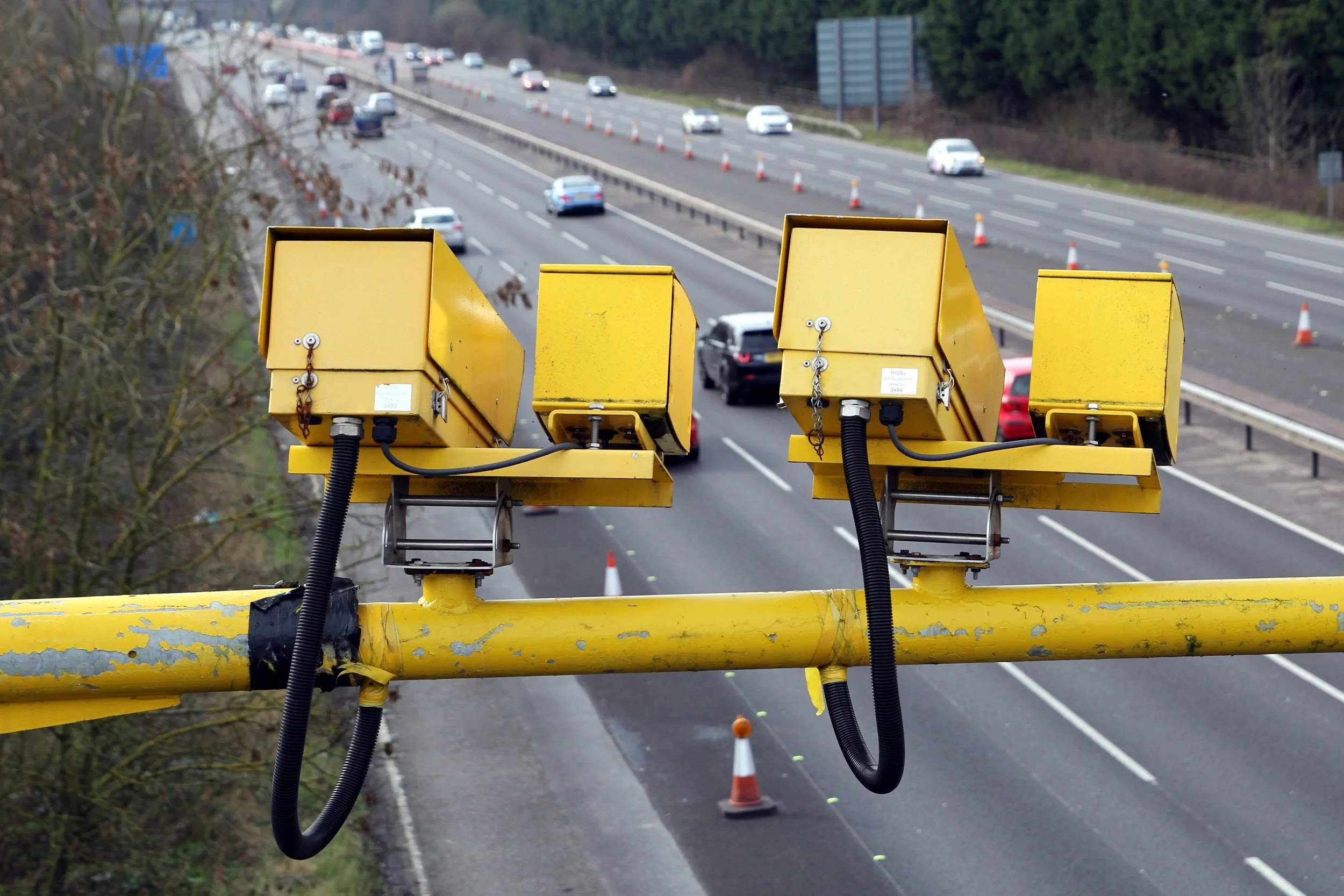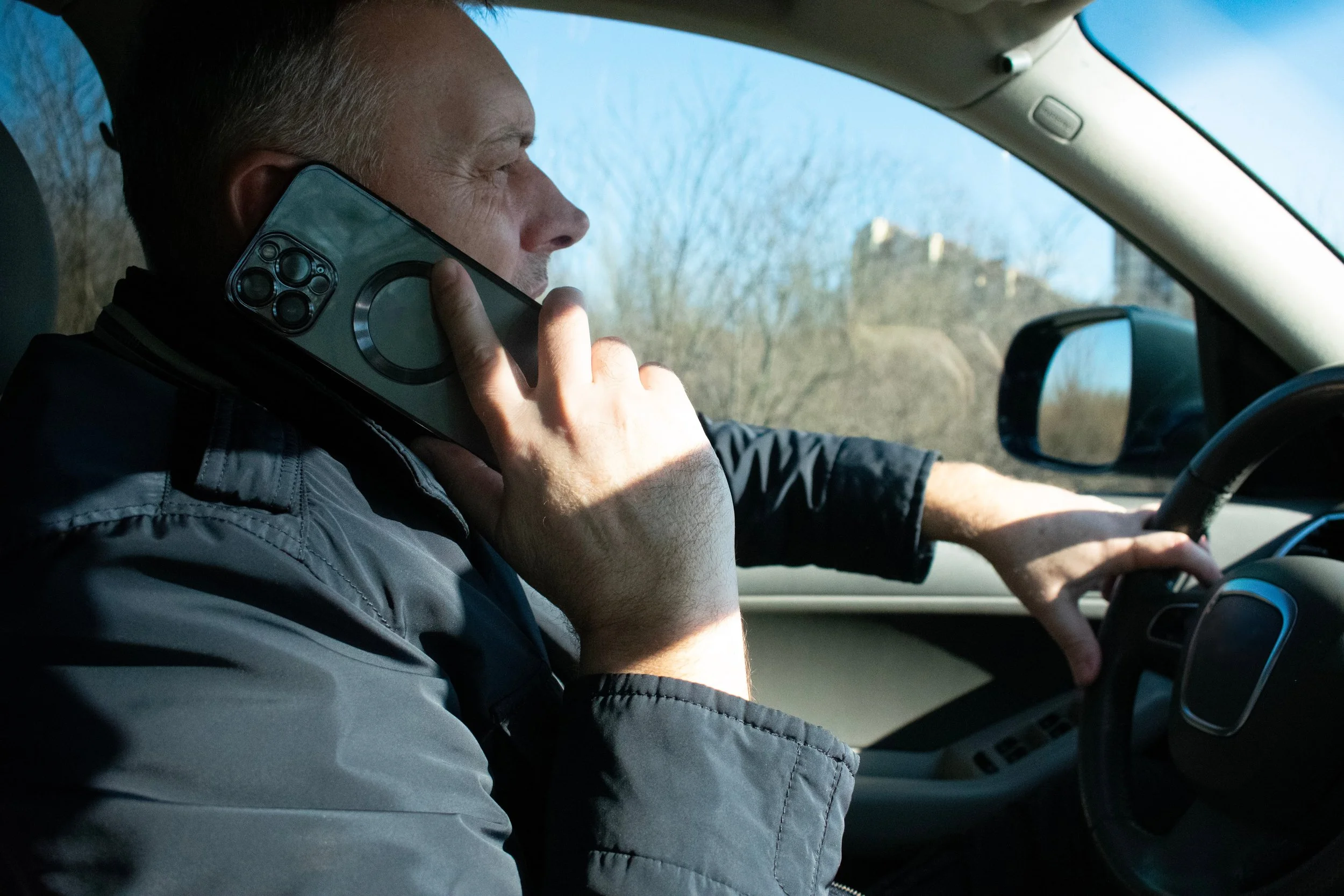How to challenge a driving offence
Driving offences come in many shapes and forms. From the relatively minor offences like speeding, and parking fines, to the more serious offences like driving under the influence of drink or drugs, or dangerous driving.
Sometimes, you accept that you made a mistake and take the punishment you’re given. Other times, there may be legitimate reasons why the conviction, or the sentence is unfair.
In this blog, we look at the ways in which you can challenge a driving offence. You can then make a choice about whether or not you want to pursue a challenge, and you’ll understand the process for how to do it.
Challenging a penalty charge notice (PCN)
You’ll be issued with a penalty charge notice (PCN) for relatively minor issues like a parking offence, or failure to pay the charge in a clean air zone.
Step 1: Make an informal challenge
If you don’t agree with it, then you can make an informal challenge to the local authority that issued the PCN. You’ll find that information on the PCN itself. It’s a good idea to do this within 14 days of receiving the notice so that you retain the discounted rate on the fine, which is usually 50%.
You should find details of how to make an informal challenge on the PCN itself. Maybe you weren’t driving the car at the time. Or you don’t accept that the offence happened at all. Perhaps you disagree that the double yellow lines were sufficiently visible where you parked.
You usually make an informal challenge by writing a letter to the local authority. If you can, provide evidence to prove your point, such as photos.
Step 2: Make a representation
If your informal challenge is rejected, the local authority will let you know by post or by email. At that point, you can either pay the fine, or make a formal challenge, called a ‘representation.’
For a formal representation, you need to choose a ground of appeal, which will be listed on the PCN. Make your case for how your challenge fits into the ground of appeal, and again, provide evidence if you can.
The local authority will review your representation, and if it’s accepted, your PCN will be cancelled with no fine to pay. If it’s rejected, you get a notice of rejection in the post. It can take up to 56 days to receive this notice.
Step 3: Appeal
If you received a notice of rejection, you have 28 days to make an appeal. How you appeal depends upon where the offence took place. If it happened in London, then you appeal to the London Tribunals. Outside London, you appeal to the Traffic Penalty Tribunal.
Making an appeal is a little more technical than an informal challenge or a representation. You must base your case on a specific ground of appeal and put forward a coherent case with evidence. It’s a good idea to look up past cases to see what facts and points of law the included. You can do that here.
We can help you prepare your case and make sure that it stands the best chance of success. We’ll find cases that are most suitable for your circumstances and help to prepare a strong case for you, with the right kind of evidence.
What happens to the fine?
As you can see, a lot of time may pass between receiving a PCN, and getting to appeal. So what happens to the fine in the meantime?
Essentially time is paused while you pursue an appeal. If you start the process within 14 days of receiving the PCN, you can still get a 50% discount on the fine.
You can pay the fine at any point during the process.
If you go all the way to appeal, and your appeal is refused, you have 28 days to pay the fine. If you miss that deadline, the fine is increased by 50%, and it continues to increase after that.
So for a fine of £100, you’d pay £50 in the first 14 days, but you’d pay £150 if you don’t pay within 28 days after your appeal.
Appealing a conviction from the Magistrates’ Court
If you’ve been charged with a driving offence, you’ll be asked to attend the Magistrates’ Court, as a first port of call.
The Magistrates’ Court will decide the punishment for less serious cases like speeding, or driving with due care and attention.
The most serious cases such as causing death by dangerous driving will be heard by the Crown Court, and we’re not talking about those sorts of cases in this blog.
The sorts of punishment that the Magistrates’ Court can give out include; unlimited fines, driving bans, community orders, and even up to 12 months’ imprisonment for more serious offences.
Lodging an appeal
The first thing to say if you want to appeal a decision from the Magistrates’ Court is; do it quickly!
You have 15 business days from the date of the conviction or sentence. If you miss that deadline, you miss your opportunity to appeal at all.
To lodge an appeal, you need to submit the right paperwork and comply with the legal procedures. You can download the right forms for your crime or sentence from the Government’s website.
The legal procedure is quite technical. You need to make sure you have the correct specific forms and that you put forward evidence to support your case. It can take time to fill out these forms and make sure that they are correct. That’s why it’s best to start the process as soon as you can, to make sure you get your appeal lodged within the 15 business days.
To give you the best chance of success, it’s worth speaking to a solicitor about this first. We can help you find the best arguments for your circumstances, and make sure you comply with the legal procedure.
Your appeal will go to the Crown Court for review. At the Crown Court, a Judge and two magistrates will listen to your appeal. They will hear your arguments and review your evidence. Then they make a decision about whether to uphold the original conviction or sentence, reduce it in some way, or quash it altogether.
The Crown Court is more formal than the Magistrates’ Court and it can be a daunting experience. If you’d like solicitors to represent you and help to prepare your case, please do give us a call at Harewood Law. We’ll begin with a consultation and then help you move your case forward from there.

